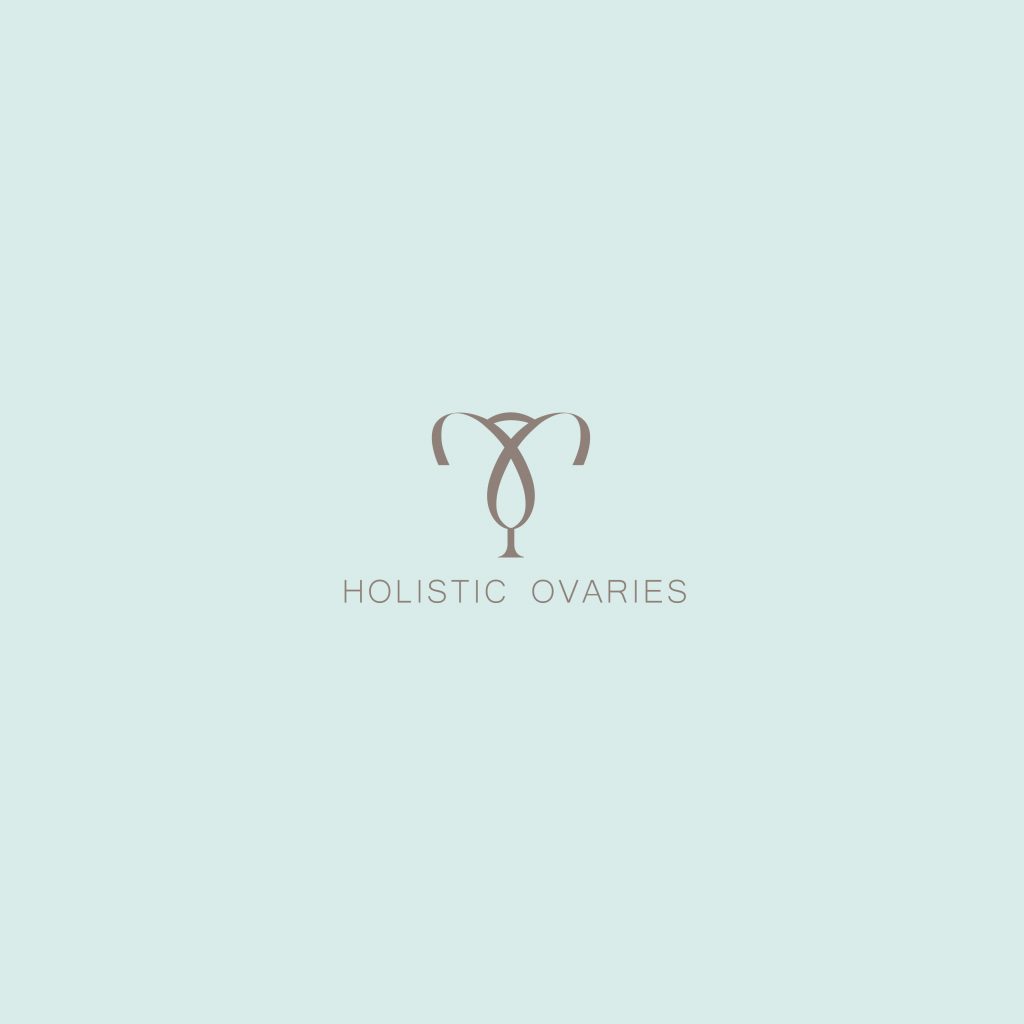AMH Levels
- PCOS Diagnosis and Fertility
AMH Levels and PCOS Diagnosis
The PCOS Evidence-Based Guideline 2023 updated the recommendation for PCOS diagnosis, including anti-Müllerian hormone (AMH) levels in the diagnostic criteria.[1]
This is very important news, as it can improve time of receiving PCOS diagnosis. Early diagnosis allows for prompt symptom management and alleviation, which can improve a women’s quality of life.
So let’s have a look at the new recommendations.
AMH EVALUATION FOR IMPROVED PCOS DIAGNOSIS
PCOS Diagnosis Criteria:
To be diagnosed with PCOS you need to have two out of this 3 criteria:
- Irregular cycles and ovulatory dysfunction
- Clinical/biochemical hyperandrogenism
- Polycystic ovaries on ultrasound ***OR High Levels of AMH***
*If AMH levels are high or higher than what we would expect for the age we can consider it as one of the criteria for PCOS diagnosis.
One study suggest that value above 5 ng/ml or 35 pmol/l might be considered as a diagnostic criterion for PCOS.[2]
Important Points when accessing AMH for PCOS diagnosis:
- Not a Standalone Test: Serum AMH should not be used as the sole diagnostic test for PCOS.
- Adolescents: The serum AMH for PCOS diagnosis should not yet be used.
- Clinical Presentation: In individuals with irregular menstrual cycles and hyperandrogenism (elevated androgen hormone levels), the serum AMH test may not always be necessary to diagnose PCOS. Clinical symptoms and other hormonal assessments are typically more informative in these cases.
- Ultrasound for PCOM: Serum AMH levels can be used interchangeably with pelvic ultrasound findings to define Polycystic Ovarian Morphology (PCOM) in adult women. PCOM is one of the criteria for diagnosing PCOS and is characterized by the presence of multiple small follicles in the ovaries.
Factors that influence AMH levels:
Age:
AMH levels tend to be higher in women at a younger age and decline as a woman gets older. The highest levels are typically seen in women in their early twenties, and they gradually decrease with advancing age.
Body Max Index (BMI):
Women with a higher BMI (indicating overweight or obesity) tend to have lower AMH levels in general population.
Hormonal contraception and ovarian surgery:
The use of hormonal contraceptives, such as birth control pills, can temporarily suppress AMH levels. Additionally, certain ovarian surgeries, such as cyst removal or ovarian drilling, can potentially impact ovarian function and AMH levels.
What is Anti-Müllerian Hormone?
Anti-Müllerian Hormone (AMH) is a hormone produced by small, immature ovarian follicles in the female reproductive system. Its role is primarily related to the development and maturation of eggs (oocytes) within the ovaries.
AMH is released from granulosa cell that is around the follicle. AMH can be access by blood test so it is easily available measure, but it always need to be put into the context.
Although the level of AMH is a good predictor of oocyte quantity, it may not tell about the health and egg quality.
The research suggests that young women with lower AMH levels may have a reduced number of eggs but normal, age-appropriate oocyte quality.[3]
Women with PCOS typically have an increased number of small, immature follicles in their ovaries, which are the primary source of elevated AMH levels.
High AMH levels in PCOS can indicate a higher ovarian reserve, which might seem beneficial for fertility. However, the quality of the eggs within these follicles can be lower, which can affect fertility and the success of fertility treatments.[4]
AMH itself can’t predict whether you’ll be able to get pregnant.
Because there are other factors that play an important role in fertility, like:
- Regularity of menstrual cycles,
- The presence of underlying reproductive conditions (one of them is PCOS), and
- The partner’s fertility.
AMH is telling how many eggs came out of ovarian reserve, and every month this number can be slightly different as every month different amount of eggs might be released.
So one time testing AMH is not giving you the ultimate number as, it is not one time value.
Something that I really want to HIGHLIGHT here:
AMH levels can change!
AMH levels can be lowered down or elevated through changes in diet, lifestyle or supplements.
I know that many of you (especially the one who want to conceive) worry about AMH levels, but…
One hormone should never be used to determine your overall health or fertility!
No single test can provide a complete picture of a woman’s fertility potential. Ovarian reserve is just one piece of the puzzle. Health and fertility is a complex and multifaceted process influenced by wide range of factors:
- genetics,
- lifestyle,
- environment, and
- various physiological systems.
And because hormones interact with each other and they are connected by feedback loops and systems and accessing one hormone is not enough to understand what is going on with your health!
Overall health requires considering the interplay of various hormones and holistic approach.
While AMH can offer valuable insights into ovarian reserve, it should be interpreted in conjunction with other fertility assessments.
How to take care of your fertility?
If you have PCOS and you want to improve your AMH levels, consider the below points:
1. Balance your blood sugar levels
As we discussed before, high AMH in women with PCOS it might be a result of follicular cysts on the ovaries.
These cysts might be there, because of high androgens, the high androgens might be a result of elevated levels of Luteinizing Hormone (LH) and elevated levels of LH might be a result of unbalanced sugar levels or insulin resistance.
There is a positive correlation between serum AMH and Insulin Resistance.[5]
That’s why I often suggest for women with PCOS to focus on balancing sugar levels as a first step to manage their symptoms.
You can see my video on how to improve insulin sensitivity here.
2. Supplements
Some supplements, particularly those containing certain antioxidants like Coenzyme Q10 (CoQ10) or Myo-Inositol, have been studied for their potential to support ovarian health and improve AMH levels.
3. Contraceptive pills
Birth control pills work by temporarily suppressing your natural menstrual cycle. When you stop taking them, your body needs some time to readjust and resume its normal hormonal rhythms.
Some studies have suggested that AMH levels may temporarily decrease while on birth control pills, but they typically recover after discontinuation.
The longer you are on hormonal birth the greater the reduction of AMH levels. [6]
Some women may experience a swift return to regular menstrual cycles and normal AMH levels while others may take longer. In one study the mean increase in AMH levels by 30% in two months after stopping the contraceptive pill.
However from my experience in women with PCOS it can take as long as 3-12 months.
Here is an article on how to support your body when going off birth control pill.
4. Avoid smoking and alcohol consumption
Smoking and excessive alcohol consumption may have a negative impact on your fertility.
Smoking is associated with a decrease in the number of eggs (ovarian reserve) in a woman’s ovaries. This can lead to earlier onset of menopause and a shorter reproductive lifespan.
Heavy alcohol consumption can disrupt the normal functioning of the hypothalamus and pituitary gland, which regulate the menstrual cycle and ovulation.
5. Improve your health in general
Taking care of your general health will be important step in improving your fertility.
There are a lot of factors responsible for decrease of fertility in women. These factors can be classified as:
- oocyte-dependent
- egg quality,
- egg quantity,
- oocyte-independent
- reproductive organs (uterus) status, and
- general health.[7]
Women with PCOS often suffer with other conditions like:
- low-grade inflammation,
- gut dysbiosis,
- insulin resistance,
- hyperandrogenism,
- sleep disturbances, and
- anxiety, depressive symptoms, eating disorders.
Targeting and resolving other conditions at its root will improve your general well-being.
As I mentioned before, for many women with PCOS the first step will be to improving insulin signalling.
Remember that you know your body the most and you will know which area of your health need to be taken care of.
SUMMARY:
Testing Anti-Müllerian hormone (AMH) can serve as a valuable tool in the diagnosis of Polycystic Ovary Syndrome (PCOS).
When you will be asking your doctor for hormonal tests consider requesting additional AMH level testing.
It is an important test that can give you an idea about your ovarian reserve. Even if immediate pregnancy plans aren’t on your horizon, understanding your AMH levels can aid in informed family planning decisions.
At the same time remember that multifaceted process influenced by various factors. AMH results do not determinate your pregnancy results. You can enhance your fertility by prioritizing overall health and addressing any underlying conditions through lifestyle improvements.
In essence, AMH testing plays a crucial role in PCOS diagnosis and family planning considerations, but it’s just one piece of the fertility puzzle. A holistic approach to health and well-being remains vital for optimizing your reproductive system.
References:
[1] Polycystic Ovary Syndrome (PCOS), Diagnostic Criteria, and AMH – PMC (nih.gov)
[2] Fertility in women of late reproductive age: the role of serum anti-Müllerian hormone (AMH) levels in its assessment | Journal of Endocrinological Investigation (springer.com)
[3] Fertility in women of late reproductive age: the role of serum anti-Müllerian hormone (AMH) levels in its assessment | Journal of Endocrinological Investigation (springer.com)
[4] ISSN 2320-5407 International Journal of Advanced Research (2015), Volume 3, Issue 4, 857-869 (researchgate.net)
[5] The correlation between serum AMH and HOMA-IR among PCOS phenotypes | BMC Research Notes | Full Text (biomedcentral.com)
[6] How Much Does AMH Really Vary in Normal Women? (hindawi.com)
[7] Fertility in women of late reproductive age: the role of serum anti-Müllerian hormone (AMH) levels in its assessment | Journal of Endocrinological Investigation (springer.com)

© 2023 All Rights Reserved. Made by DB.YOU Creative Agency




